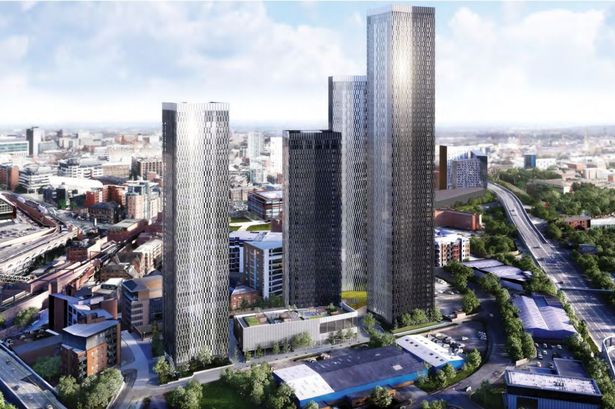A new report out this week says that Manchester’s housing crisis is not just an outcome of unjust austerity, but as also come about through the relatively recent emergence of housing in Greater Manchester as an investment opportunity for financial actors, from within the UK and increasingly internationally.
The report, From Homes to Assets,Housing Financialisation in Greater Manchester, written by Dr Jonathan Silver of the University of Sheffield, collected data from over twenty five thousand housing units spanning seventy nine sites in July of 2017 across Manchester and Salford, areas, says the author , that offer much greater rates of financial return than properties in London.
It found that while a total of 5,125 affordable housing properties should have been available under the twenty per cent requirement, none were being built in Manchester while only five were in Salford.
Meanwhile of the seventy nine development sites, only thirteen section 106 agreements were identified, sixteen per cent of the sites.
Section 106 is supposed to provide a financial contribution of around 20 per cent towards affordable housing but developers will often get around this clause by claiming that the contribution will make the scheme unviable,while others will pledge to fund other schemes outside of the city centre.
The report also found while primarily through loans to developers, £265m were allocated to 5,330 sites, at an average of £29,000 per property of which non were designated for social or affordable housing.
Greater Manchester,says the report, is witnessing a surge of international finance, including funding from large institutional investors in development finance,companies involved in ‘secrecy jurisdictions’ and smaller investors purchasing one or two units as part of savings and pension schemes.
The impact of this financialsation is creating affordability pressures on residents seeking to purchases and or rent in the city region centre with buyers needing a monthly income of £3000 to get a mortgage while renters have seen an increase of twenty two per cent in little over two years .
A spokesperson from the Greater Manchester Housing Action Trust said:







